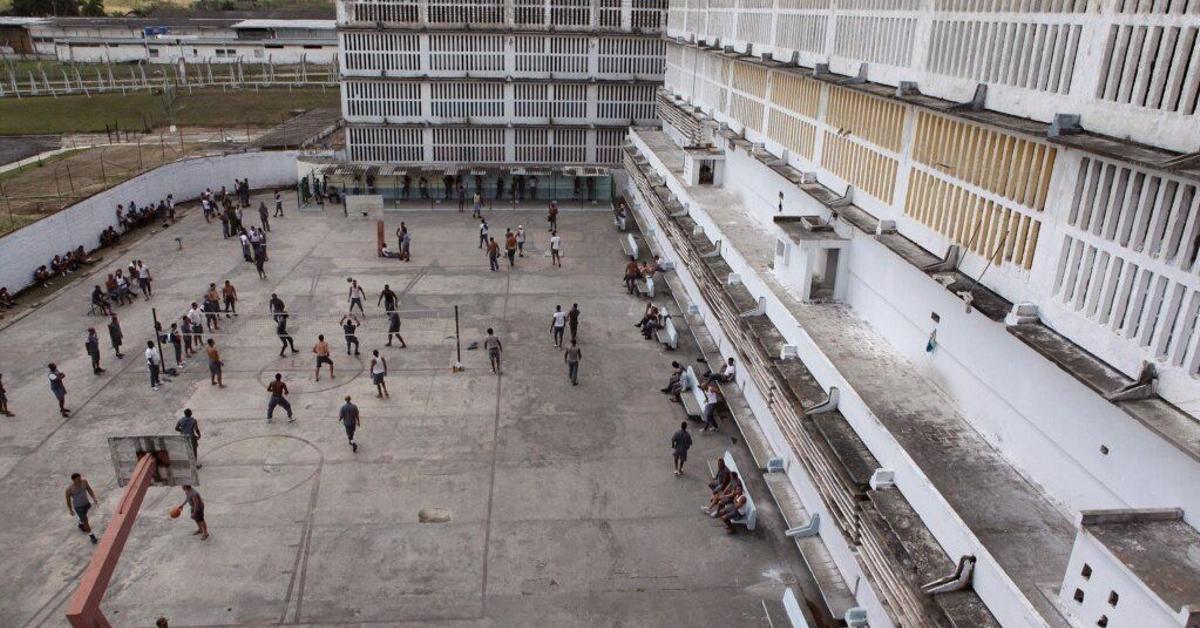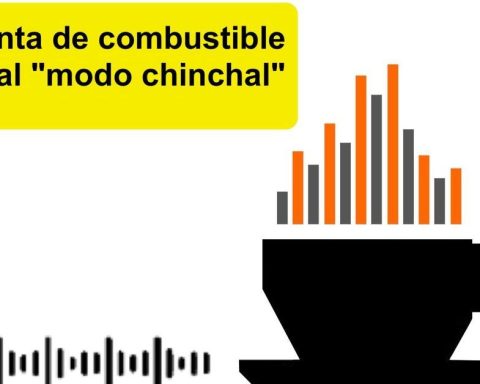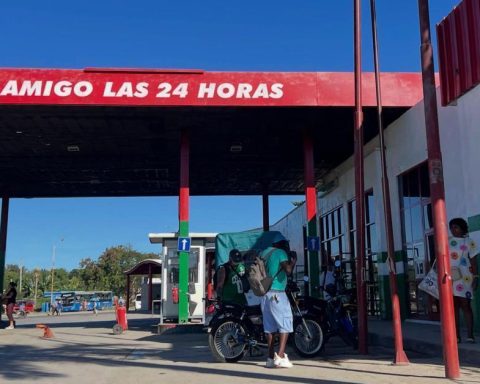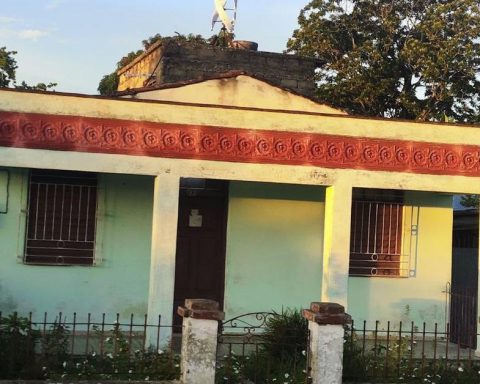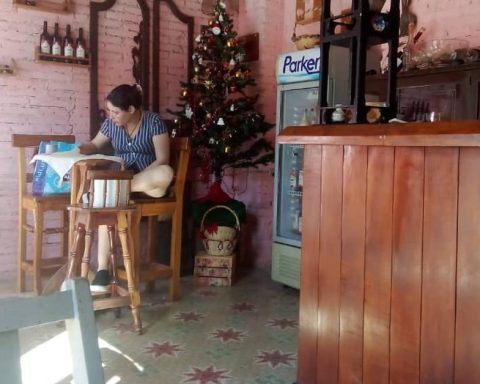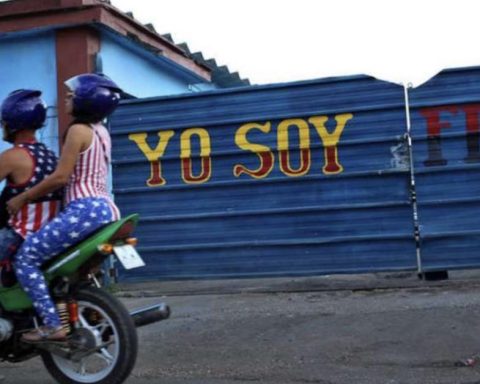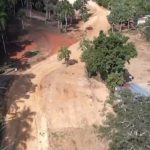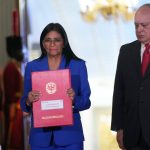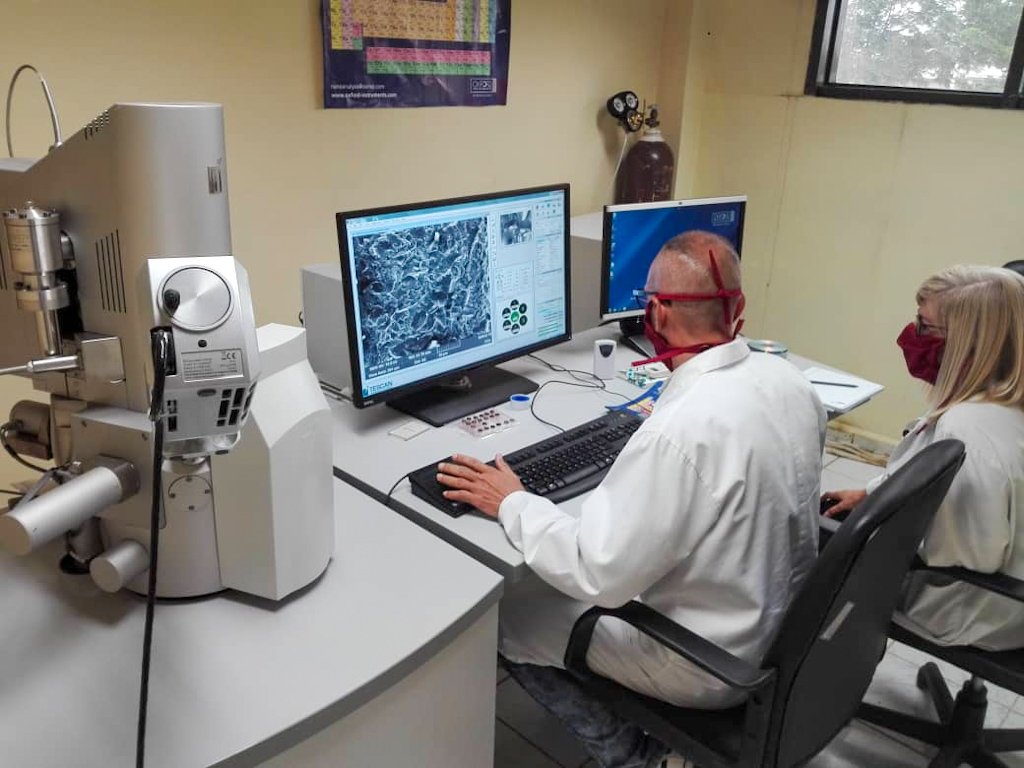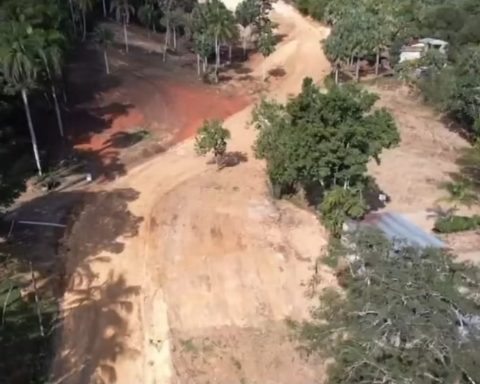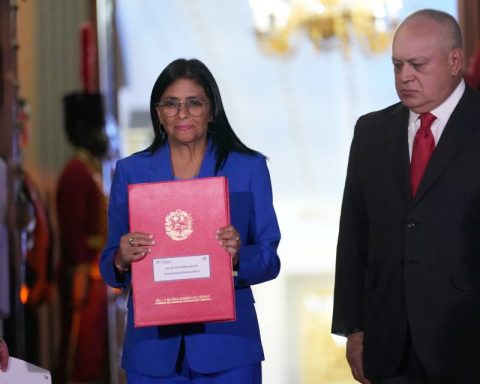Havana/Prisoners Defenders (PD) denounced Thursday that the Cuban regime revoked the release of one of the 230 prisoners released after its promise to the Vatican, last January, to grant “gradual release with penitentiary benefits” to 553 inmates, a process that has already been completed.
This is Jaime Rodríguez, imprisoned during the protests of July 11, 2021. On January 18 he was released and “not a month later” – according to Javier Larrondo, who presides over PD – arrested once again “for refusing to collaborate as an undercover agent of state security.”
The rest of the 230, explains Larrondo, “are in a home prison regime, maintain their intact and under serious situations of coarctation of their fundamental freedoms, of movement and under forced work many of them.”
In the island prisons, PD recorded this March 1,152 political prisoners in Cuba, with two more added to its registration with respect to the previous month. Eight people entered their monthly list and six others left prison after fully complying with the sanction or measure imposed.
“They are in a home prison regime, they maintain their intact and low situations sentences,”
Three of them were arrested in Villa Clara convicted of the “increasingly used criminal type of propaganda against the constitutional order.” Hunger, thirst and other conditions of Cuban prisons are, insists PD, “forms of torture” for the 90,000 prisoners that remain, for several crimes, after bars.
Several political prisoners have a “highly worrying” health situation, such as the Priest Yoruba Loreto Hernández, 53, with ischemic heart disease and hypertension, among other diseases aggravated by malnutrition. They also mention Alexander Díaz, with throat cancer, and who, like Hernández, the regime denies him the extrapenal license.
Another case is that of journalist Jorge Bello, with “multiple health problems: diabetes and inflammation in the testicles.” Bello suffered a heart attack last January. Amalio Álvarez, with psychiatric disorder and cognitive deficiencies – in addition to several suicide attempts – is not eligible for release, Larrondo said.
PD keeps the 230 people who already appeared on their list, since their sentences have not been extinguished. These people were released after Washington excluded Havana from the list of countries that promote terrorism.
The Cuban government, which never publicly linked the list and release, announced after two months that this process was terminated in a “successful” way. The measure was qualified as “fraud” by PD and criticized by several Human Rights such as Amnesty International, Human Rights Watch, Justice 11J, Cubalex and the Cuban Observatory of Human Rights.
The monthly PD report identified 473 people with “serious medical pathologies”
The monthly PD report identified 473 people (41% of their records) with “serious medical pathologies” and 40 with mental health problems, all of them “without adequate medical or psychiatric treatment”.
He explained that 33 minors are still on the list, of which 29 comply with sentence and four are being criminally processed “with precautionary measures without any judicial protection.” The minimum criminal age in Cuba is 16 years.
PD denounced that in his registry there are 222 people accused of sedition, when in most cases they participated in peaceful protests, and added that all “have already been sentenced to an average of ten years of deprivation of freedom each” (including 15 minors). The NGO also highlighted the treatment suffered by the 121 women included in its list.
Since July 2021, when the greatest anti -government protests in decades were recorded on the island, a total of 1,821 people passed through prison for political reasons.
Larrondo also had words of solidarity for Venezuelans, subject to an allied regime of Havana, and in which the situation of political prisoners is similar. A total of 896 people remained deprived of liberty in Venezuela until last Monday, according to the NGO Criminal Forum as political prisoners, as reported on Thursday the organization in X.
The organization indicated that of the total detainees, 808 are men and 88 women, among which there are 891 adults and five adolescents between 14 and 17 years of age, the majority arrested after the July elections last year, in which the electoral body proclaimed the victory of Nicolás Maduro despite the denunciations of “fraud” of the majority opposition.
According to the Prosecutor’s Office, more than 2,400 people were arrested – of which they have been released 2.006 – for generating “violence” during post -electoral protests. Both mature and the attorney general, Tarek William Saab, say that in the country there are no political prisoners, a speech that Havana also holds.
